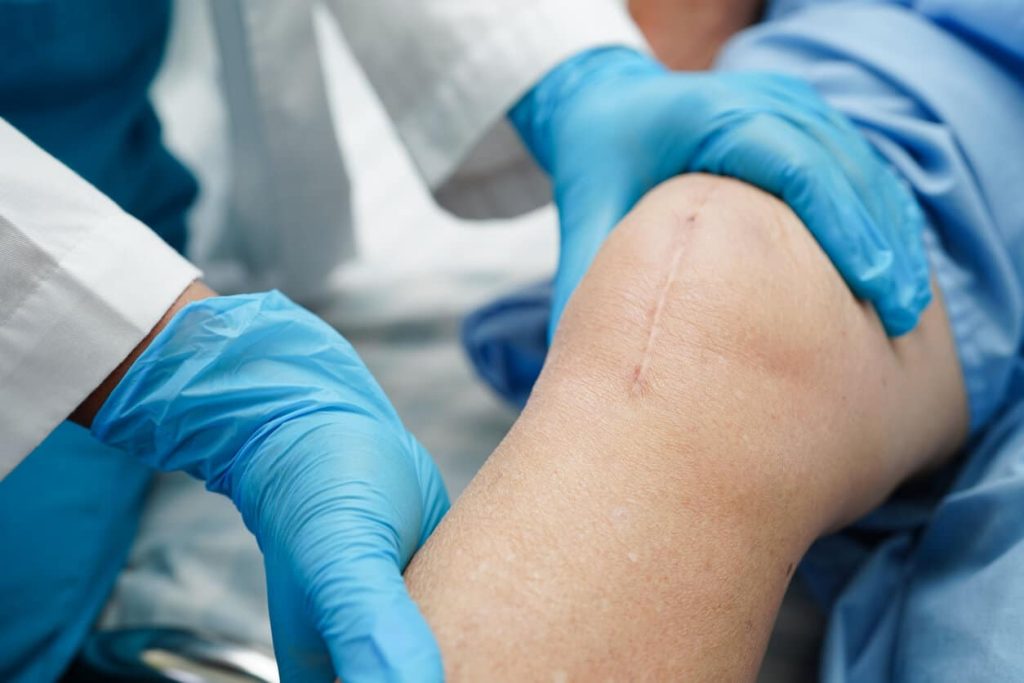Knee replacement surgery involves replacing damaged joint surfaces with prosthetic implants. Proper postoperative care and rehabilitation under professional medical guidance are crucial for optimal surgical outcomes.

Postoperative Considerations After Knee Replacement Surgery
Postoperative management requires special attention to wound care, medication adherence, and rehabilitation exercises. Patients should monitor for signs of infection, maintain proper positioning to prevent prosthesis dislocation, and gradually increase activity levels under professional guidance. Consistent participation in physical therapy and strict compliance with weight-bearing restrictions are essential for optimal joint function recovery.
Immediate Postoperative Care (First 24-72 hours)
- Incision care and dressing management
- Standardized pain control protocol
- Swelling reduction measures
- Early ambulation plan
- Deep vein thrombosis prevention
Rehabilitation Requirements
- Regular physical therapy sessions
- Range of motion exercises
- Progressive strength training
- Gait training guidance
- Daily functional activity restoration
Activity Restrictions (Within 6-8 weeks)
- Avoid twisting movements
- Use assistive devices as instructed
- Adhere to weight-bearing limitations
- Implement fall prevention measures
- Complete home safety modifications
Warning Signs Requiring Immediate Medical Attention
- Body temperature exceeding 38°C (100.4°F)
- Increasing redness or swelling
- Wound drainage or separation
- Sudden increase in pain
- Calf pain or shortness of breath
Recovery Timeline
- Hospital stay: 1-4 days
- Outpatient therapy: 6-12 weeks
- Driving restrictions: 4-8 weeks
- Return to work: varies by occupation
- Full recovery: 3-12 months
Home Preparation Guidelines
- Remove tripping hazards
- Install safety grab bars
- Arrange clear pathways
- Prepare meals in advance
- Organize essential items accessibility
Long-term Considerations
- Activity modification guidance
- Weight management importance
- Regular low-impact exercise
- Prosthesis monitoring
- Orthopedic follow-up schedule
Conclusion
Successful knee replacement recovery requires strict adherence to postoperative instructions and rehabilitation protocols. Patients should maintain all scheduled follow-up appointments and promptly report any concerning symptoms. Most patients achieve significant pain reduction and functional improvement through proper surgical techniques and committed postoperative management. Individual recovery experiences may vary based on preoperative conditions, surgical factors, and rehabilitation participation. Professional guidance ensures safe progression through all recovery phases.